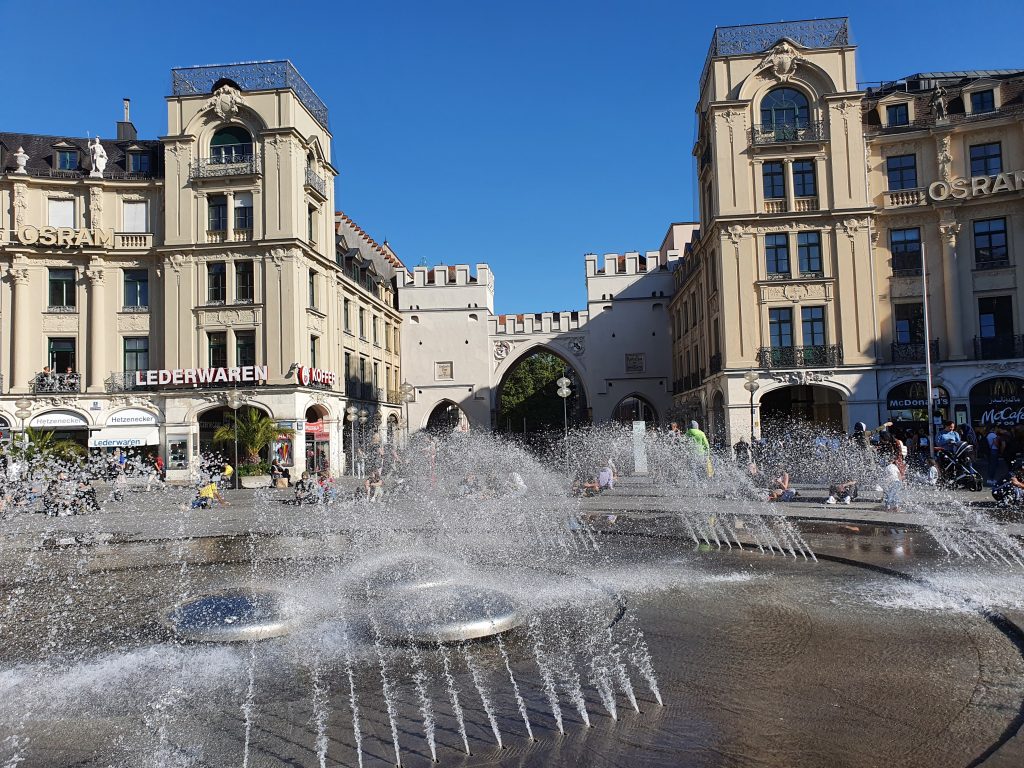Belarus, often described as the “Land of White Russia,” is a country with a rich and diverse history. Among the layers of its past, one can find the enigmatic presence of the Freemasons, a secretive fraternal organisation that has intrigued and mystified people for centuries. In this blog post, we will delve into the history and presence of Freemasonry in Belarus, exploring its origins, its role in the country’s history, and its enduring allure.
Freemasonry in Belarus: A Historical Perspective
The history of Freemasonry in Belarus can be traced back to the late 18th century, when the region was part of the Polish-Lithuanian Commonwealth. During this period, Freemasonry was gaining popularity across Europe. It was attracting intellectuals, aristocrats, and individuals from various social strata. In Belarus, Freemasonry took root among the educated elite and played a role in the intellectual and cultural development of the region.
One notable figure in Belarusian Freemasonry was Tadeusz Kosciuszko, a hero of the American Revolution and a champion of Polish and Belarusian independence. Kosciuszko was initiated into Freemasonry in the United States and brought its ideals back to Belarus, where he sought to promote enlightenment, education, and political reform.
Freemasonry also played a role in the social and cultural life of Belarus in the 19th and early 20th centuries. Lodges and Masonic temples were established in cities like Minsk and Grodno, attracting writers, artists, and thinkers who were drawn to the fraternity’s principles of brotherhood and the pursuit of knowledge.
Suppression and Resurgence
The 20th century brought significant challenges to Freemasonry in Belarus. The rise of totalitarian regimes, first under Soviet rule and later under Nazi occupation during World War II, led to the suppression of Freemasonry. Lodges were disbanded, and many Freemasons faced persecution, imprisonment, or even execution.
It was only after the collapse of the Soviet Union in 1991 that Freemasonry began to reemerge in Belarus. As the country embarked on a path of independence and democratisation, Freemasonry found a new foothold. Today, there are active Masonic lodges in Belarus, often affiliated with international Masonic bodies.
The Appeal of Freemasonry
The enduring appeal of Freemasonry lies in its emphasis on moral and ethical values, brotherhood, and the pursuit of knowledge. Freemasons adhere to a code of conduct that promotes charity, tolerance, and personal growth. The rituals and symbols used by Freemasonry continue to fascinate both its members and outsiders, contributing to its aura of mystery.
Notable Freemason Lodges & organisations
- The Grand Lodge of Russia: Belarus is geographically close to Russia, and some Belarusian Freemasons may have been affiliated with Russian Masonic lodges. The Grand Lodge of Russia is one of the larger Masonic organisations in the region, and it may have lodges or members in Belarus.
- Loge Vitold Pilecki: This lodge, named after the famous Polish resistance fighter Witold Pilecki, was reportedly established in Belarus in 2007. It’s associated with the Grand Lodge of Poland and works within the jurisdiction of the United Grand Lodge of England.
- Loge Tadeusz Kosciuszko: Named after the historical figure Tadeusz Kosciuszko, who was a notable Freemason and played a role in Belarusian history, this lodge may have had a presence in Belarus, particularly in connection to the Grand Lodge of Poland.


